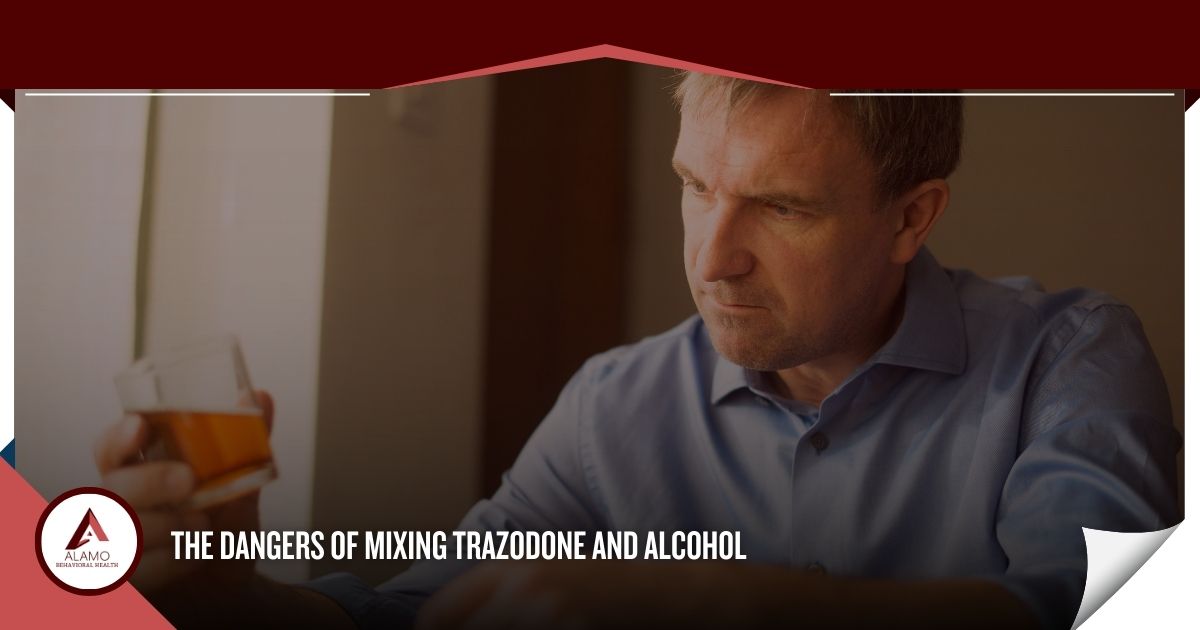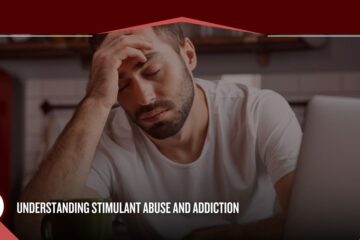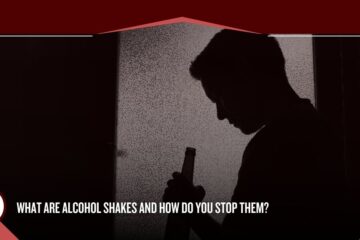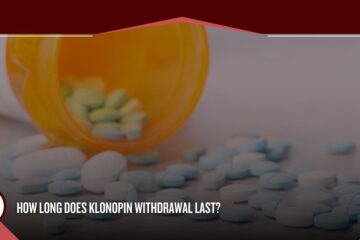Many people believe that using prescription drugs is always safe. However, many prescription drugs can have unintended side effects, especially when combined with other substances.
Trazodone is a popular prescription drug used to treat depression, sleep disorders, and insomnia. Many people find relief from symptoms of anxiety, depression, and sleep issues when taking trazodone as prescribed.[1]
However, it is crucial to understand the dangers of mixing trazodone and alcohol. This article will explore what can happen when you mix these substances. You will learn:
- The side effects of trazodone
- The risk of mixing trazodone and alcohol
- How to recognize alcohol and prescription drug abuse
- What to expect during addiction treatment
- Where to find treatment and support for addiction
Addiction is complex, and recovery can be challenging. Find the support and treatment you need to overcome addiction at Alamo Behavioral Health. Our intake specialists can verify your insurance, schedule appointments, and answer your questions.
Take the first step of your recovery journey by contacting us today.
Trazodone: Understanding the Effects and Risks
Trazodone is a prescription drug. It is part of a class of sedative medications. Doctors may prescribe trazodone to patients with sleep disorders, depression, and insomnia.
Trazodone is a serotonin antagonist and reuptake inhibitor (SARI). This means that it balances serotonin levels in the brain.[2] People who take trazodone as prescribed may experience:
- Improved mood
- Less depression
- Less anxiety
- Improved appetite
- Increased energy levels
- Better sleep
Trazodone is available in tablet form under several brand names, including Desyrel and Oleptro.
People who take trazodone exactly as prescribed have a low risk of adverse effects. However, trazodone has the potential for misuse and addiction.
People who take trazodone may experience sedative effects they find desirable. These effects can lead people to misuse trazodone. Misuse includes:
- Taking larger doses than prescribed
- Taking trazodone longer than prescribed
- Taking it more frequently than prescribed
People may also use trazodone recreationally, meaning that they do not have a prescription for it. Recreational trazodone use can include:
- Crushing and snorting pills
- Smoking a mixture of trazodone and marijuana
- Mixing crushed trazodone with alcohol
- Combining trazodone and other drugs, including ecstasy or methamphetamine
Some recreational trazodone users refer to the drug as “sleepeasy” because of its sedative effects. This lighthearted slang term ignores the risks of trazodone abuse. Over time, people may develop severe, even life-threatening complications related to their prescription drug abuse.
Recognizing Trazodone Addiction
Identifying the signs of trazodone abuse and addiction can help you seek treatment to overcome it. Trazodone abuse can cause noticeable changes in your behaviors, emotions, and appearance, including:
- Doctor shopping (having multiple prescriptions for trazodone)
- Misleading medical professionals to get more trazodone
- Stealing or buying trazodone
- Developing tolerance to trazodone, meaning you need to take more to get the desired effects
- Neglecting your responsibilities, hobbies, and relationships
- Getting anxious if you are running low on trazodone
- Spending a lot of time and energy getting more trazodone
You should not ignore these signs of addiction. Seek treatment as quickly as possible so that you can work toward a healthier, sober future.
Should You Mix Trazodone and Alcohol?
Most adults in the United States report drinking alcohol at least occasionally, and many struggle with alcohol abuse or addiction. This can lead to people mixing alcohol and prescription medications or other drugs.
Combining alcohol and trazodone can have dangerous effects. Alcohol is a central nervous system (CNS) depressant. The effects of alcohol can enhance the sedative side effects of trazodone.[3] This dangerous combination increases the risk of:
- Deadly overdose
- Dangerous levels of intoxication
- Shallow breathing that results in low oxygen levels, coma, or death
- Loss of coordination and drowsiness that can lead to accidents and injuries
Combining trazodone and alcohol can increase mental health symptoms, including anxiety and depression. It may also increase the risk of trazodone and alcohol addiction.
Treatment for Trazodone and Alcohol Addiction
People who become addicted to prescription drugs or alcohol require medically-assisted treatment and ongoing support. Addiction treatment is not a one-size-fits-all process. Instead, people must receive tailored treatment that addresses the complexities of their substance abuse.
Trazodone addiction treatment typically begins with a medically supported detox program. During detox, people receive round-the-clock supervision, assessment, and treatment for withdrawal symptoms. Detox treatment may include:
Medications can be used to reduce the symptoms of trazodone and alcohol withdrawal, which can include:
- Anxiety
- Agitation
- Insomnia
- Nausea
- Headaches
- Fatigue
- Excessive sweating
- Elevated body temperature
- High blood pressure
- Elevated heart rate
- Hallucinations
- Seizures
Comprehensive detox programs also provide emotional support and mental health treatment to help people remain committed to detox, even when it is challenging.
After completing detox, people must participate in evidence-based therapies, including:
- Mental health treatment for major depressive disorder or other mental health conditions
- Medications to manage cravings and other symptoms
- Relapse prevention education
- Family, group, and individual counseling
- Aftercare planning and support
Comprehensive treatment can help people overcome the physical, emotional, and behavioral aspects of trazodone and alcohol addiction.
Get Help Now
It can be challenging to overcome addiction, but lifelong recovery is possible. Contact the Alamo Behavioral Health specialists to explore your treatment options or set up an intake assessment.
References:
- U.S. Food and Drug Administration (FDA): Trazodone label
- National Institutes of Health (NIH): Trazodone
- National Institutes of Health (NIH): An evaluation of possible interactions between ethanol and trazodone or amitriptyline.





